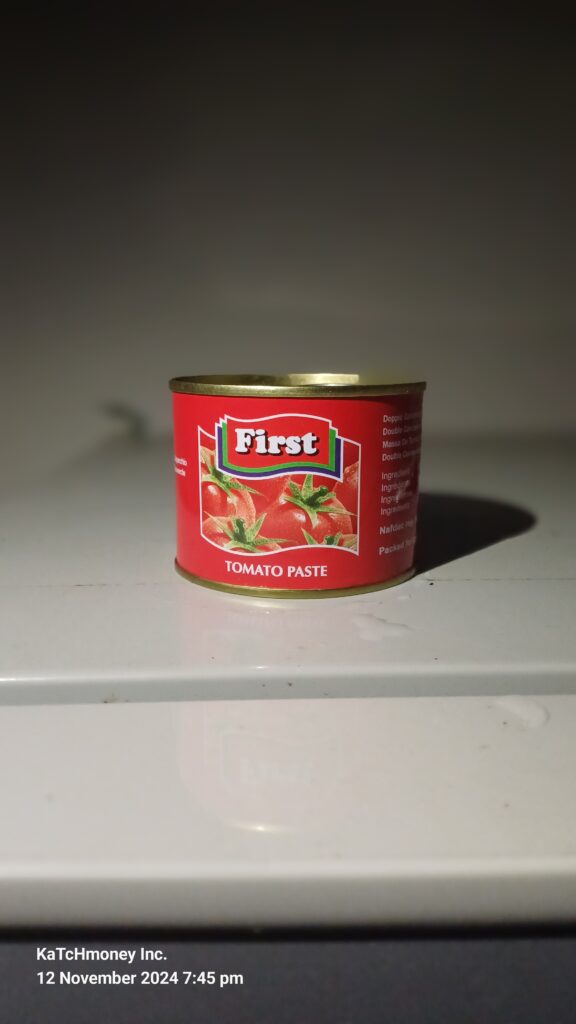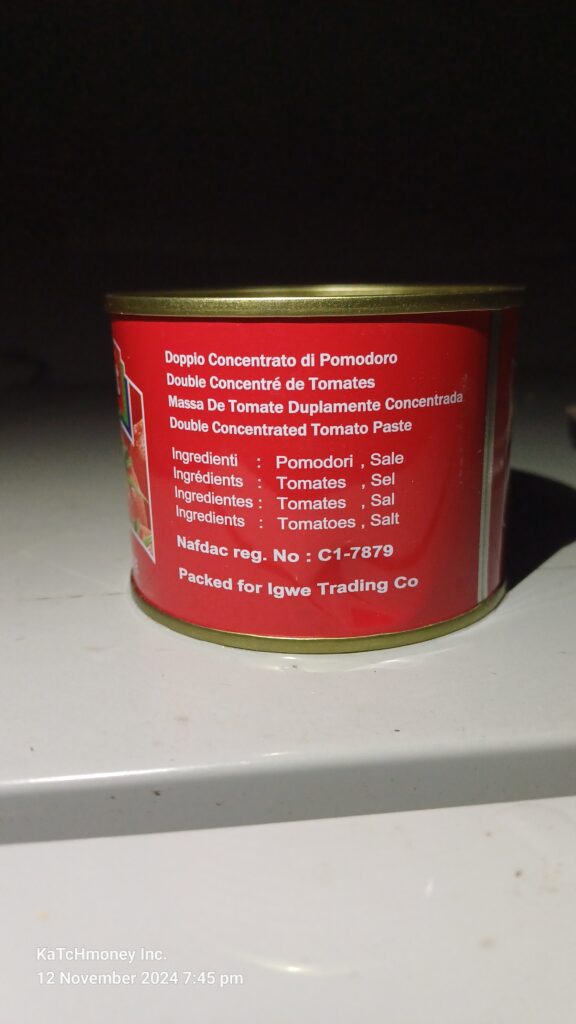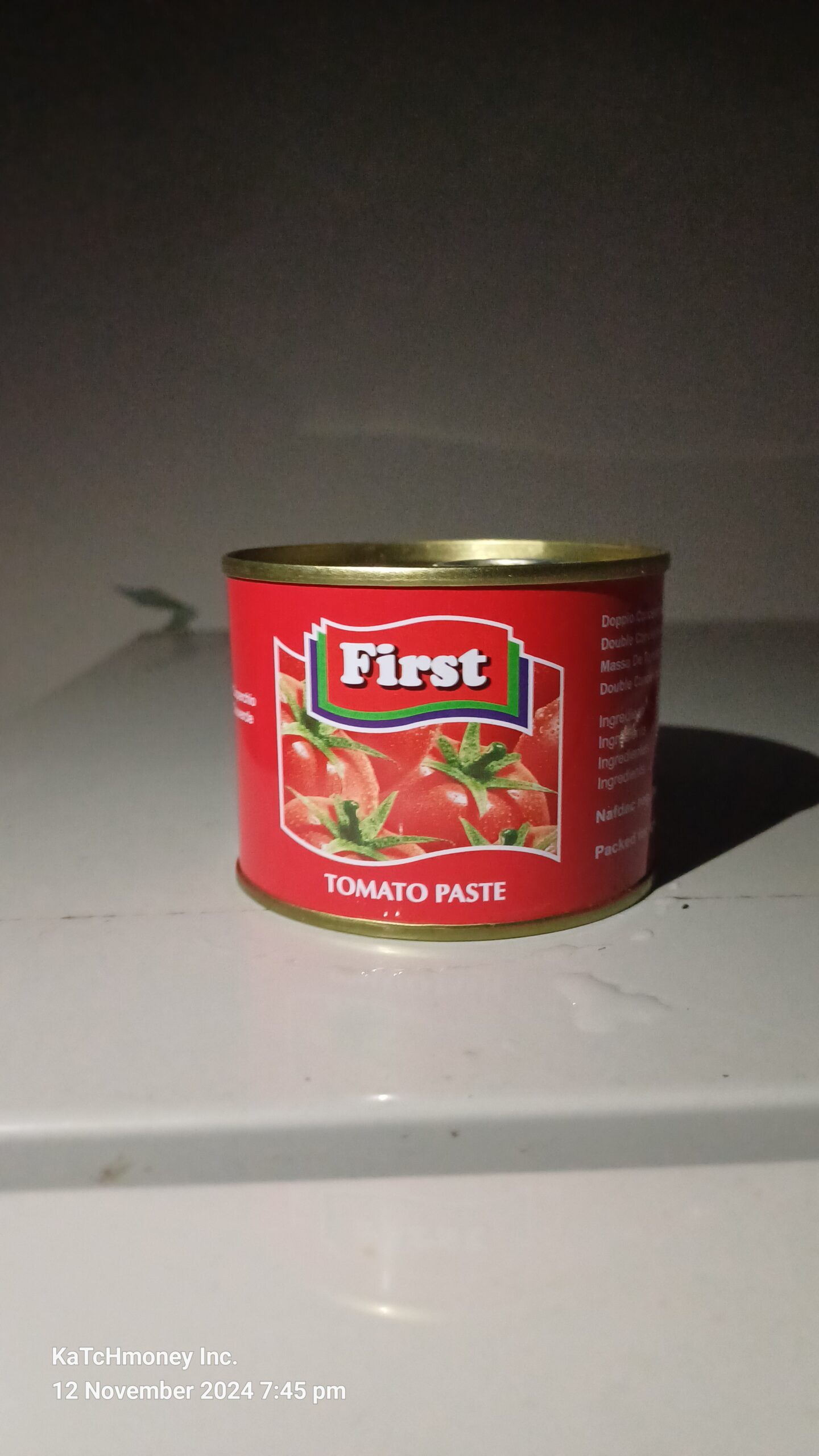Sometime in November last year, a group of civil servants somewhere in Nnewi Anambra state decided to contribute a specified amount of money monthly with which they would use at the end of the next year being December 2024 to buy bags of rice and other consumables to share amongst themselves, which they would use for the Christmas celebration.
One of the things that you must not take away from the people of South-eastern Nigeria is how much they love to celebrate their yuletide.
This is the reason Christmas festivities are always being planned for a year ahead. This is the motivation behind the one-year monthly contribution that is done by these civil servants to reduce the financial pressure on their families during the yuletide while providing them the basics.
Read also; Unlocking the power of health insurance in southeastern Nigeria.
While such pooled contributions which is organized by a few people is excellent, there is a twist to it and it is necessary to enlighten my readers about it.
One of the things they benefitted from this contribution is a carton of tomato paste and a not full bag of rice.
While there is no known modality to ascertain the quality of rice that has been bought in bulk, the consumers involved in the contribution could atleast look out for certain indices to ascertain the quality of the tomato paste.
The participants of the contributory scheme were given “First Tomato Paste” as participants.

This is where it gets interesting as the participants observed that the tomato paste that was shared to them despite having this as its NAFDAC registration Number; C1 – 7879 did not have any verifiable and traceable address to where the goods were made or packaged.
Read also; Who would protect the Nigerian consumer?
On a closer and keener observation, what was seen to be written on the body of the tomato paste container is, “Igwe Trading Co.” as the company that owns the product.
Here are the concerns of any informed consumer who is very deliberate about what he or she puts into their mouth in the form of food.
- How did such a product that is widely consumed as this find its way to the market without NAFDAC seeing to it that the address of the company where it is made or made for is boldly written on the goods.
- Is it normal for NAFDAC to allow goods of such nature to be introduced into the market without compulsorily having the address of where it is produced captured on the said product?
- How can we authenticate to know that the NAFDAC registration numbers written on these products are valid?
- Does NAFDAC not have field officers who randomly go to the markets to ensure full compliance with regulatory guidelines by products being sold?
- Finally, who is Igwe Trading Co? A search done on google did not yield anything tangible as it pertains to revealing the identity of the brand. It is worthy to note that anyone can write such on a product to deceive the public.

Conclusively, NAFDAC leadership as it is in Nigeria is nowhere close to living up to its responsibilities and this explains why many greedy business men and women are saturating the market with substandard products which is predisposing the Nigerian people to all sorts of ailment ranging from organ failure to various forms of cancer which is leading to an unimaginable number of deaths recorded in the country.
Read also; A Day with the Chidokas.
These mean business men obviously make a kill with the sell of substandard goods in the market. Now you understand why they love the Nigerian market so much.
National agency for food and drug administration and control as it is constituted must understand what their mandate entails and decide whether to do their job or not. Their social media handles must be made active to receive real time feedback from Nigerian consumers if they are deliberate about offering quality services to the nation.
Only if NAFDAC carries out its surveillance schedules appropriately and professionally leveraging on the gains of technology, many untimely deaths which are secondary to the consumption of “poisons” would be avoided.

